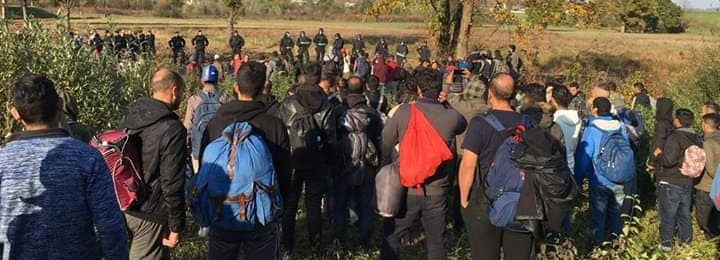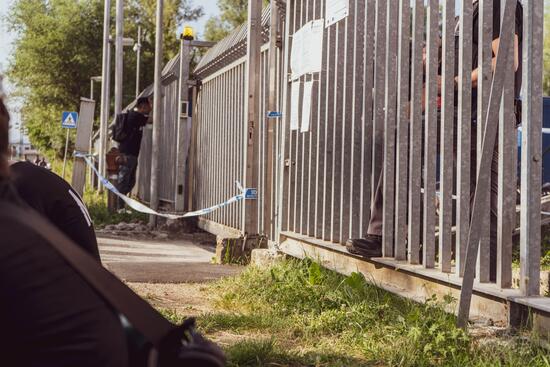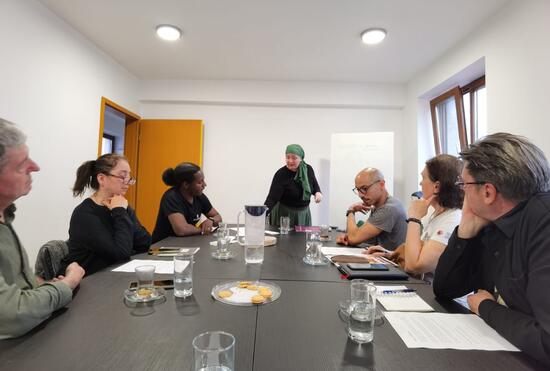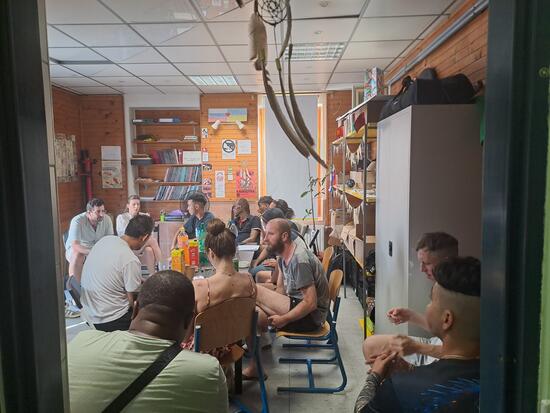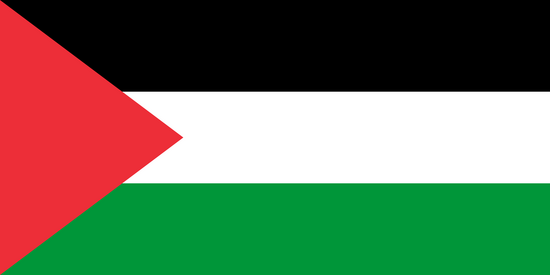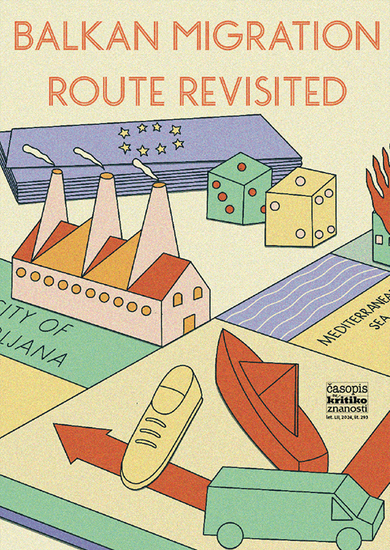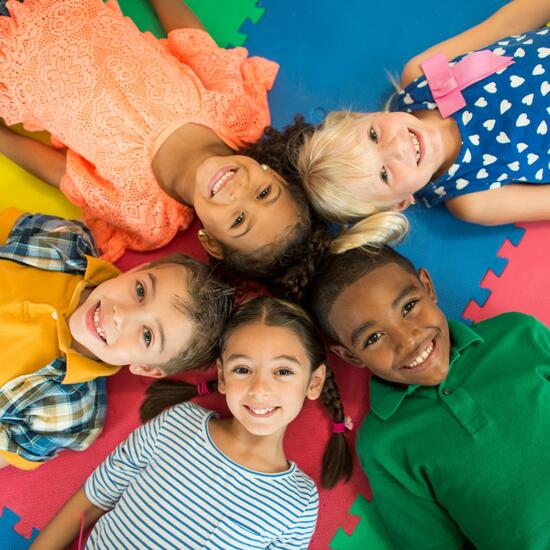About Us
Numerous testimonies of refugees and reports done by NGOs and other solidarity initiatives with people travelling along the Balkan Route have shown the existence of illegal and violent chain returns (also known as Pushbacks). According to these testimonies, the Slovenian police systematically and in-mass violates the right to asylum procedures and returns asylum seekers to Croatian police. The latter uses physical violence whilst pushing people to return to Bosnia and Herzegovina. Many examples of brutal beatings and other types of abuse are extensively documented.
